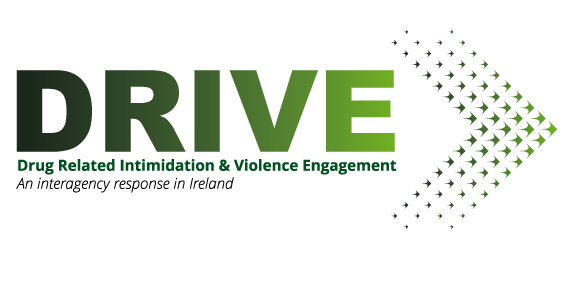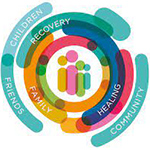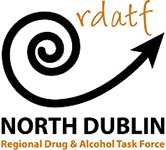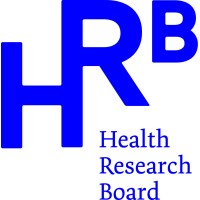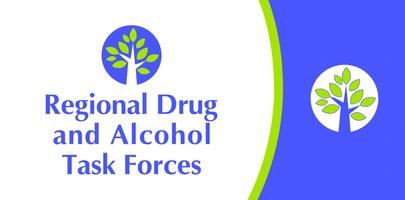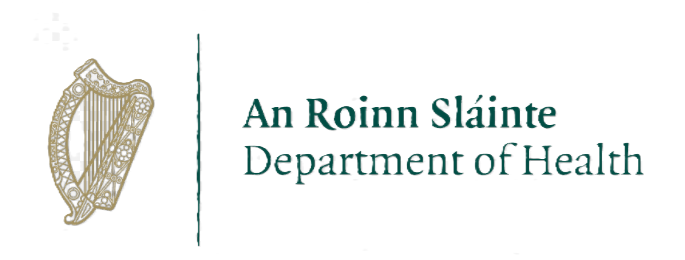Drug Related Intimidation. Some Frequently Asked Questions
What are the different forms of Drug Related Intimidation?
Drug Related Intimidation can take many forms. Some examples include verbal threats, physical violence, damage to property including the home, forced behaviours, sexual violence and threats of a sexual nature.
Why did this happen to me and my family?
Drug related Intimidation can happen regardless of background, profession or lifestyle. Those who carry out Drug Related Intimidation operate without regard for the well-being or rights of others and the responsibility for their actions lie solely with the perpetrators and not with those impacted by their actions.
Who can I turn to for help?
Throughout Ireland a range of supports that can help you are available in many community and statutory services. These include specially trained family support workers and staff in local drug and alcohol services, who can help you in a safe and confidential way. This may include Family Support, Drug & Alcohol Support, Youth support, Family Counselling etc.
Do I have to pay for help?
How can Gardai help me?
In each Garda Division in the country there is a specially selected and trained Garda Inspector nominated to respond to the issue of drug related intimidation. Individuals and family members experiencing intimidation can make contact with the local Inspector through their local Garda Station to have an informal or formal conversation.
What can the Nominated Garda Inspector do for me?
The nominated Garda Inspector will engage with you in a confidential and safe manner. The Inspector can provide practical safety information and advice in relation to the threats or instances of intimidation. The Inspector will also give information on appropriate support services for the individual and family. Finally, the nominated Inspector will outline how to make a formal complaint, what is involved, what happens after and possible outcomes.
It is the decision of the person being intimidated if they want to make a formal complaint or not.
If I look for help will the intimidators find out?
Whether you engage with local services or with An Garda Síochána all processes are underpinned by confidentiality and your safety is of paramount importance.
Should I pay the money that the intimidators are demanding?
The decision to pay or not pay any money to those intimidating you, is your own decision to make. Support workers in local services and also An Garda Síochána will not offer advice in this regard. However when you seek help, those supporting you will explore all the options with you to support you to reach an informed and measured decision.
